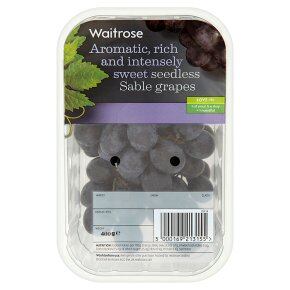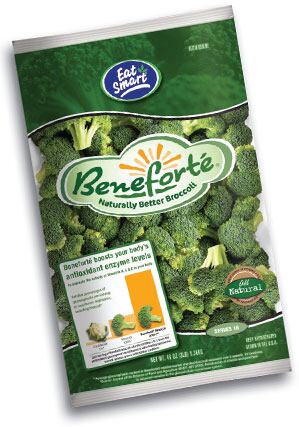Creating a more exciting consumer offerings by identifying new opportunities and products for the customer is vital to creating a retail environment where foods are seen to be ‘normal but better’, say David Northcroft, category varietal development manager at Waitrose.
Speaking at the recent Global Food Technology & Innovation Summit in London, Northcroft noted that the key to driving innovation and bringing new products to market with Waitrose is to develop an offering that is similar to other offerings, but is distinctly different in some way.
“Building on points of difference in terms eating quality, in taste, texture, and in overall quality to customer is important to the way Waitrose sources its new products and develops innovation,” explained Northcroft – noting that there is a need to understand that what may suit a customer of Waitrose may be very different from what may suit a customer of other large retailers.
“We’re looking for something a little bit different,” he said. “When we are talking to farmers and growers then yield, disease resistance and post-harvest quality are are crucially important, but when we talk to our customers then appearance, texture, eating quality and shelf life are all important.”
The Waitrose expert warned that there is ‘no value’ in putting a new variety or a new product on the shelf for a couple of weeks, adding that the retailer places importance on collaborative relationships directly with the breeders and growers in addition to using feedback from customers to better identify their needs.
“By doing this we can target our product development in a smarter way,” he explained.
So, what does ‘normal but better’ actually mean…
“It’s not just niches, column inches, or PR stunts,” Northcroft added. “It’s actually about the every day business and driving commercial gain in our businesses.”
“It’s about selling the best quality foods within our organisation, and gaining first to market with products that we think are going to differentiate ourselves from our competitors.”

He cited an example of sourcing specific and unique varieties of grapes for consumers as a way that the retailer has looked to differentiate and drive sales – explaining that a short but successful trial in 2010, which sold a Sable grape variety in a handful of stores, has now been translated to a state where in 2014 Waitrose sold over £2.3 million worth of the grape variety over a 40 week supply period.
“For us, being first to market is important. Now, if you go on to the high street you can see Sable as a variety across many retailers. But Waitrose being first to market, and getting customers behind it, benefited the breeders and we are actually very happy that the variety has continued to grow elsewhere because it builds the importance and demand for the variety,” said Northcroft.
Supply chain development
In addition to product development, Northcroft noted that there is a lot of innovation and development work in how the retailer manages residency times throughout the supply chain.
“How can we be more efficient with our suppliers and get products from A to B much faster,” he questioned. “It sounds very simple but in fresh produce with a short shelf life, those hours and minutes can actually make all of the difference in how you manage product quality through the supply chain.”

“Typically fresh produce has been behind the curve in terms of innovation,” he noted - adding that the area is set for much innovation to aid shelf life, reduce waste, and maintain product quality.
“Gaining one extra day of shelf life on something like a strawberry can make a huge difference throughout the whole supply chain because you may only be selling it to the customer with a shelf life of three days."
Such gains in supply chain efficiency can also benefit the nutritional quality of the end product too, said Northcroft, noting that for fresh produce in particular the quicker a food can be put in to the customers basket, the better the less nutrients will be lost.
“If we can get the product picked, packed, and put on the shelf faster then we are retaining those nutrients for longer.”
“There’s a lot to be done there, and there are opportunities. But ultimately we also need to know that it is science based rather than just marketing based.”
Broccoli innovation?

Northcroft also cited work done with broccoli, in which researchers over the past decade have created a new variety that contains significantly higher levels of glucoraphanin than in normal broccoli.
He noted that the broccoli is already sold widely in the USA and Scandinavia – where it is sold as ‘super broccoli’ and has replaced standard broccoli as the only one sold loose by some retailers.
“If you can imagine the amount of broccoli that we sell as a retailer in the UK, and how much the UK consumes. If we can suddenly go from one that is standard to one that is two to three times better in terms of it’s nutrients, then that is quite an interesting concept.”
